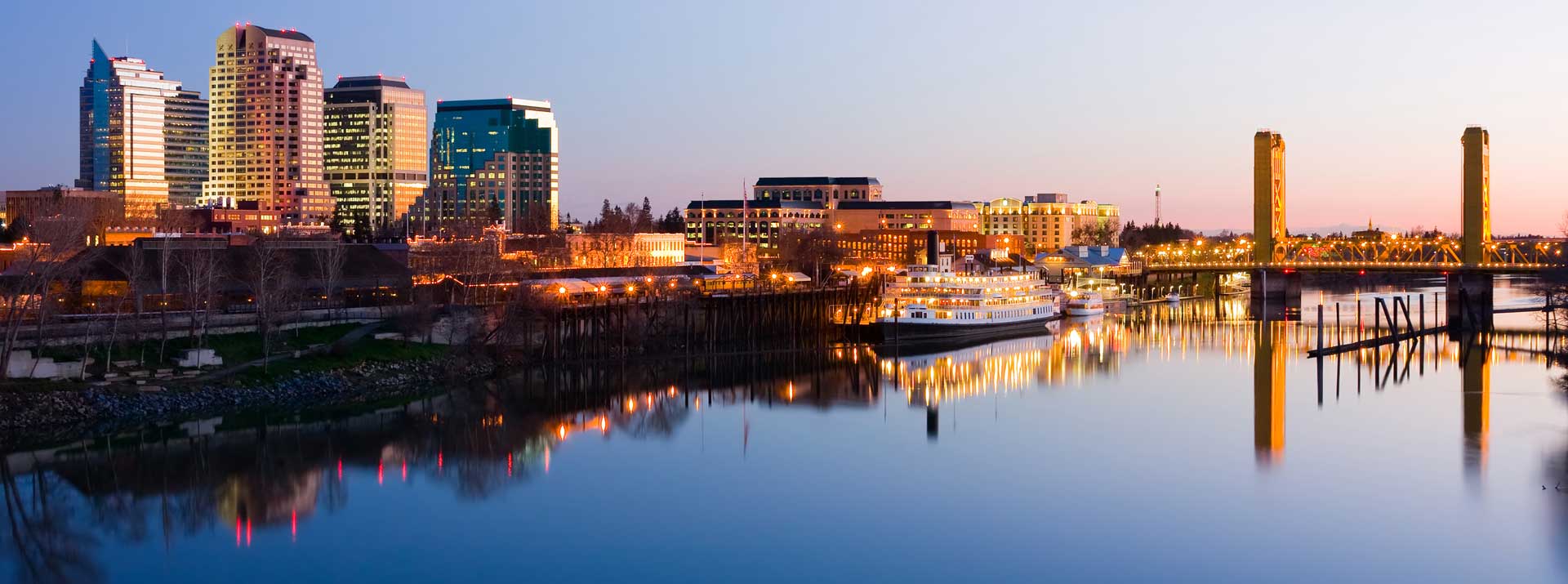
In the best-case scenario, the judge’s role in your divorce case would be limited to issuing orders and reviewing the terms of a marital settlement agreement. In most cases, divorces will settle out-of-court, and the judge would only need to formalize the solution upon which the two parties have agreed. In some cases, the judge may have to do more.
If you and your spouse are unable to agree on the terms of the divorce, the judge would eventually need to decide the matter. First, they would need to oversee the entire trial process. They would set a schedule for the case and hold initial status conferences. If the case reached the discovery phase, the judge would decide any disputes about production and order one party to disclose certain information if it was relevant.
Then, the judge would preside over the trial, allowing each party to present their side and make their arguments. The judge would schedule a certain amount of time for the trial and consider what each spouse is saying. If there are custody issues, the judge will weigh the best interests of the child in reaching a decision. In property matters, the judge will consider equity and fairness in deciding the proper distribution of the marital estate.
As you can see, the judge has a wide degree of discretion in your case. If your case reaches a trial, there is a wide range of outcomes, depending on the judge. Accordingly, you should try to reach a settlement agreement.
Call a Marin County Divorce Attorney
The best way to avoid ending up in front of a divorce judge is to hire an experienced attorney to help you through your divorce. Call the Mason Law Office at 833.770.1372 or contact us online to discuss your matter.





